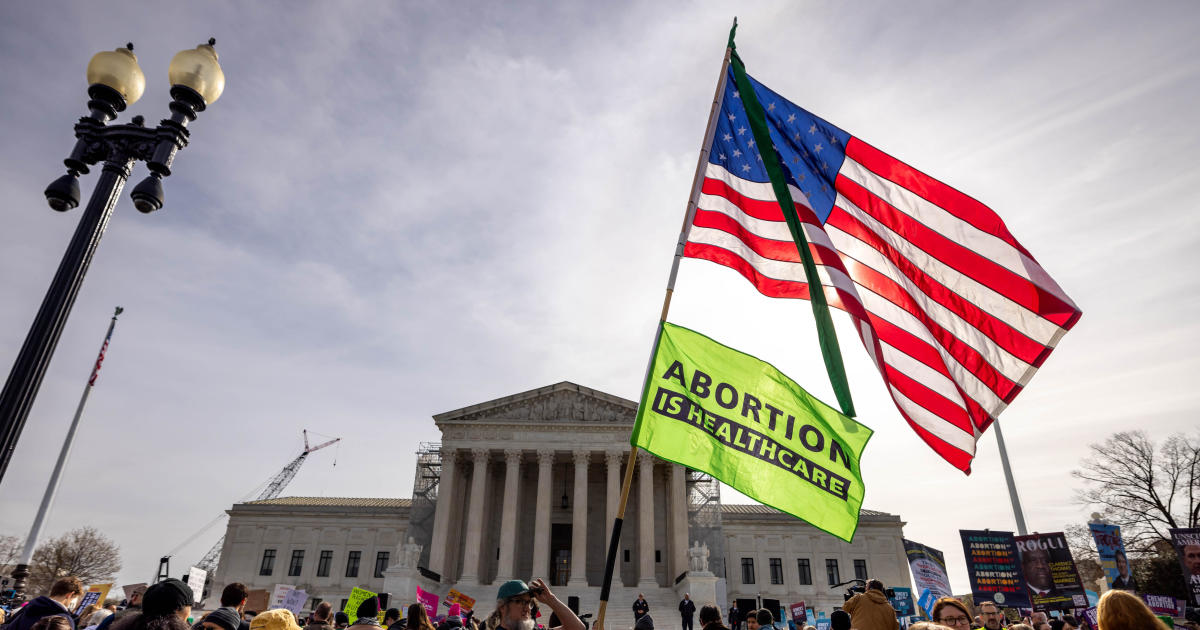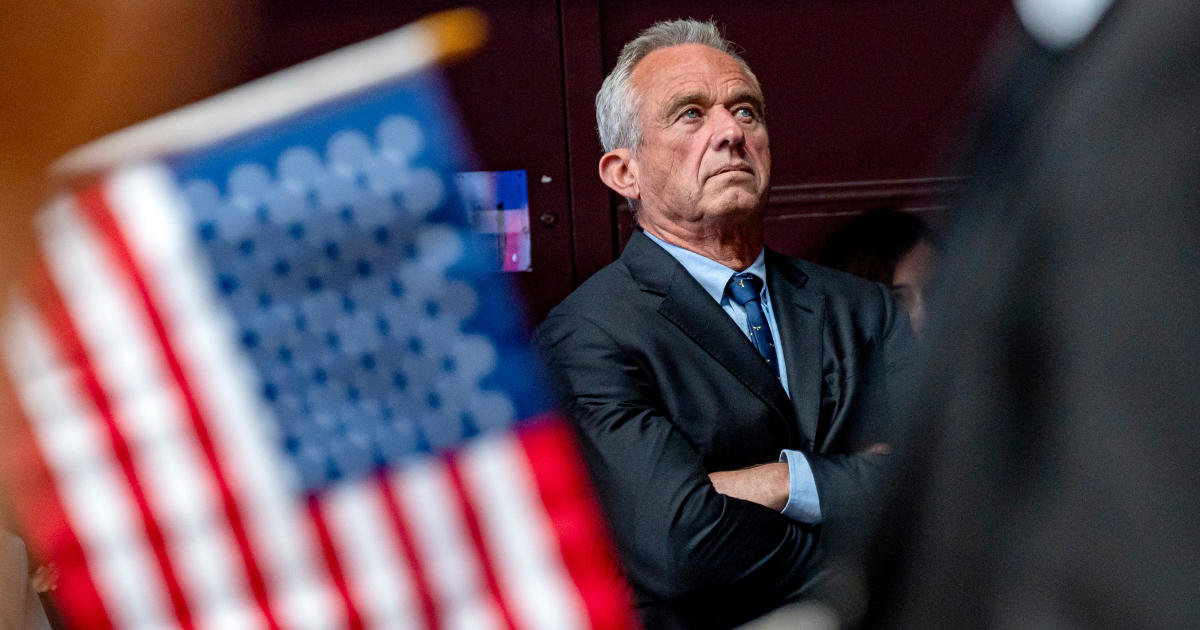Ahead of elections, states reject federal help to combat hackers
CBS News has found that 11 states - including the battlegrounds of New Hampshire and Michigan - have not accepted the Department of Homeland Security's help to try and bolster the cyberdefenses of their voter registration systems.
Fearing a federal takeover, some of those states are rejecting the department's assistance to combat cyberattacks that could disenfranchise voters.
Homeland Security offered states the help amid mounting reports of cyberattacks aimed at influencing the elections, from hacks of state election systems to state-sponsored cyberattacks on political parties.
"The flipside is whether or not we want the federal government involved in local elections," said Tim Hurst, chief deputy for the secretary of state of Idaho. "The next step may be that they want to take over it as critical infrastructure, and that would not be good for the system, not good for the country."
The federal offer, which comes free of charge to state and local election agencies, includes services from remote "cyber hygiene" scans to on-site inspections. The services look for vulnerabilities within the voter registration system that hackers could exploit.
Experts said the largest danger is not whether hackers could change actual vote counts but instead that they could modify or delete registration rolls, disqualifying voters on Election Day.
"Let's say they wanted to intervene on the side of [Donald] Trump," said Herbert Lin, a senior research scholar for cyberpolicy and security at Stanford University's Center for International Security and Cooperation. "Then what you would do is find a way of invalidating the voter registrations, deleting the voter registrations of 10 percent of the Democrats in the state. That would make 10 percent of them ineligible to vote."
Seven states have declined the offer outright: Alabama, Georgia, Kansas, Louisiana, Maine, Massachusetts and New Hampshire.
Officials in those states expressed confidence in their voter registration systems and described DHS' efforts as "unnecessary." They said it could lead to wasted and redundant efforts or even open the door to a potential federal takeover of elections.
"The question remains whether the federal government will subvert the Constitution to achieve the goal of federalizing elections under the guise of security," Georgia Secretary of State Brian Kemp told a technology blog in August.
Homeland Security Secretary Jeh Johnson strongly disputed these concerns in September. In a letter to state election officials, Johnson wrote that their offer "does not entail regulation, binding directives, or any kind of federal 'takeover,' as has been suggested by some in public discussion. No state or local election official should hesitate to request our assistance based on that misperception."
Four other states not accepting federal assistance, including Idaho and the battleground state of Michigan, said they were still reviewing the offer.
And with less than two weeks until Election Day, time is running out for those states. Federal officials warn that it may be difficult for states to address any vulnerabilities before Nov. 8.
As of Friday, early voting was underway in 32 states. There have been no reports of major problems with voter registration in those states.
States that have accepted DHS' offer have been quick to say that their agreement should not be interpreted as evidence of flaws in their security but simply an abundance of caution.
"We have been doing it ourselves with our own state systems already, but since the DHS has been offering it, and it's free, we figured belts and suspenders don't hurt," said John Conklin, spokesman for the New York State Board of Elections.
The Obama administration has accused Russia of attempting to interfere in the U.S. presidential election through coordinated cyberattacks on political parties. On Thursday, Russian President Vladimir Putin denied the charges, saying that U.S. elites have used the "mythical and fictitious" issue to distract attention from real government problems.
Arizona, Illinois, Florida and over two dozen other states have already had their election systems scanned, probed or breached by hackers. Last month, Arizona Secretary of State Michele Reagan told CBS News' Jeff Pegues that the threat facing states was unprecedented.
"We've never had to worry about foreign invaders coming in and trying to mess with our confidence and our election system," Reagan said.
Siobhan McGirl and Gabriela Milian contributed reporting to this article.



